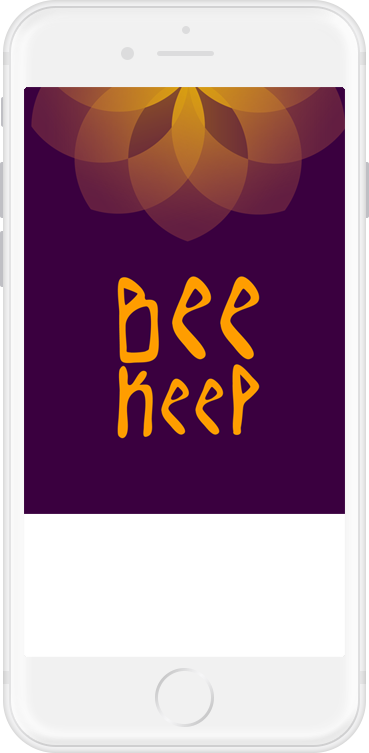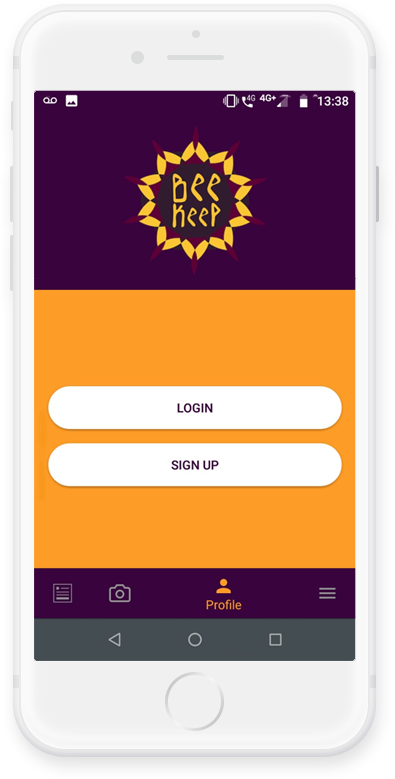BeeKeep is a Citizen Science project aiming to increase knowledge on bee diversity, ecology, and management.

Bees are the most important group of pollinators, pollinating around 80% of all flowering plants. Due to this great importance in plant reproduction and food production, bees are a priority conservation group. However, effective strategies for conservation require a large amount of data on species abundance and distribution. To fill this gap, Citizen Science projects can help by mobilizing hundreds of citizens in data collection for biodiversity monitoring.
The main part of the BeeKeep project is a mobile app. With BeeKeep app you can help mapping, monitoring, and registering bees distribution. If you know nothing about bees, don’t worry! You can send photos of the bees and start learning with other users IDs. Using the BeeKeep app you will become a Citizen Scientist and help to collect new data about where bees live, nest, their distribution regions, and even more. You can learn by interacting with other users and have fun discovering the world of bees.
• Geospatial data
• Species identification
• Nesting ecology
• Phenology
• Interaction with plants






“Bit by bit” new features will be incorporated into BeeKeep to make the project increasingly useful, interactive, and fun to use. New tools will also include features for beekeepers to improve management.
Plataform
Improvement
Better
Features